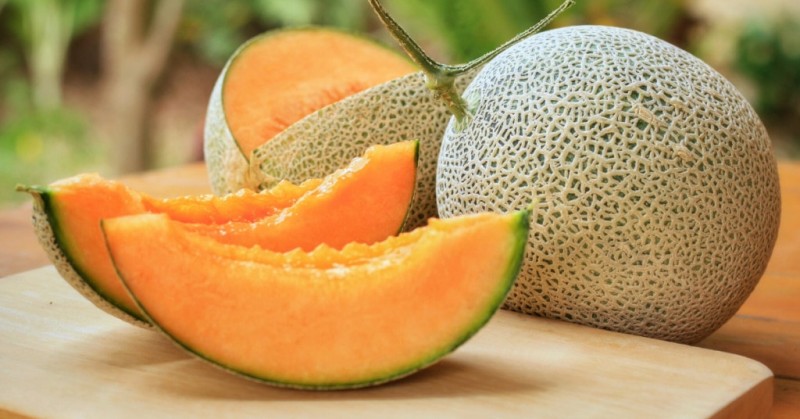
Have you ever wondered about the weight you would carry on the Moon? It's a fascinating topic that combines science, space exploration, and a touch of curiosity. In this article, we'll dive into the intriguing concept of human weight on the Moon and explore just how much weight we'd actually carry there. So, fasten your seatbelts (metaphorically, of course), and let's take a journey to Earth's celestial companion!
To comprehend why human weight on the Moon is different from what we experience on Earth, we need to understand the concept of lunar gravity. The Moon has about 1/6th the gravity of Earth. This means that objects on the Moon weigh much less compared to their weight on Earth.
Lunar gravity is a result of the Moon's mass and size. Despite being much smaller than Earth, the Moon's gravitational force still affects objects on its surface. This reduced gravitational force leads to the unique weight differences between the two celestial bodies.
Now that we have a grasp of lunar gravity, let's calculate how much a person would weigh on the Moon. To do this, we'll use a simple formula:
Weight on the Moon = Weight on Earth × (Moon's gravity / Earth's gravity)
Assuming an average human weight of 70 kilograms on Earth, let's see how it translates to the Moon's surface.
Using the formula mentioned above, the weight of a 70-kilogram person on the Moon would be:
Weight on the Moon = 70 kg × (1/6) ≈ 11.67 kg
Yes, you read that right! A person who weighs 70 kilograms on Earth would weigh only about 11.67 kilograms on the Moon. Quite a weight difference, isn't it?
To put this into perspective, let's consider a scenario where you're holding a bag of groceries on Earth. The bag might feel heavy, right? Now, imagine taking that same bag to the Moon. You'd be surprised at how much lighter it would feel due to the reduced lunar gravity.
If you were to walk on the Moon, you'd experience a sensation of leaping with every step. This is due to the lower gravitational force pulling you downward. Astronauts who've had the privilege of walking on the Moon have described this feeling as both exciting and surreal.
You might be wondering how we know all of this information about lunar gravity and human weight on the Moon. The answer lies in the historic Apollo missions conducted by NASA.
During the Apollo missions, astronauts conducted experiments and collected data about lunar gravity and its effects. This data not only helped us understand more about the Moon but also contributed to advancements in space exploration technology.
Before we proceed, it's essential to differentiate between weight and mass. Weight is the force exerted on an object due to gravity, while mass refers to the amount of matter in an object. The weight of an object can vary depending on the gravitational force acting upon it.
Understanding the difference between weight and mass is crucial for space travel. In space, where gravitational forces can vary, it's the mass of an object that remains constant. This is why astronauts often use mass as a standard measurement when discussing objects in space.
The Moon continues to captivate scientists, space agencies, and enthusiasts alike. With the advancements in technology and renewed interest in lunar exploration, we're poised to learn even more about the Moon's mysteries.
Future lunar missions could uncover new insights into the Moon's geological history, potential resources, and its influence on Earth's tides. These discoveries could reshape our understanding of both the Moon and our own planet. In conclusion, the human weight on the Moon is a fraction of what we experience on Earth, thanks to the Moon's lower gravity. This fact, demonstrated by the Apollo missions, continues to intrigue us and inspire further exploration. As we gaze at the Moon in the night sky, let's remember that there's much more to learn and discover about our celestial neighbor.
If you also suffer from migraine, then remove these things from your diet and throw them away